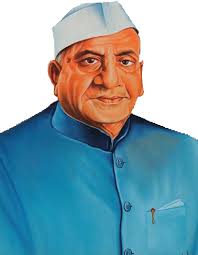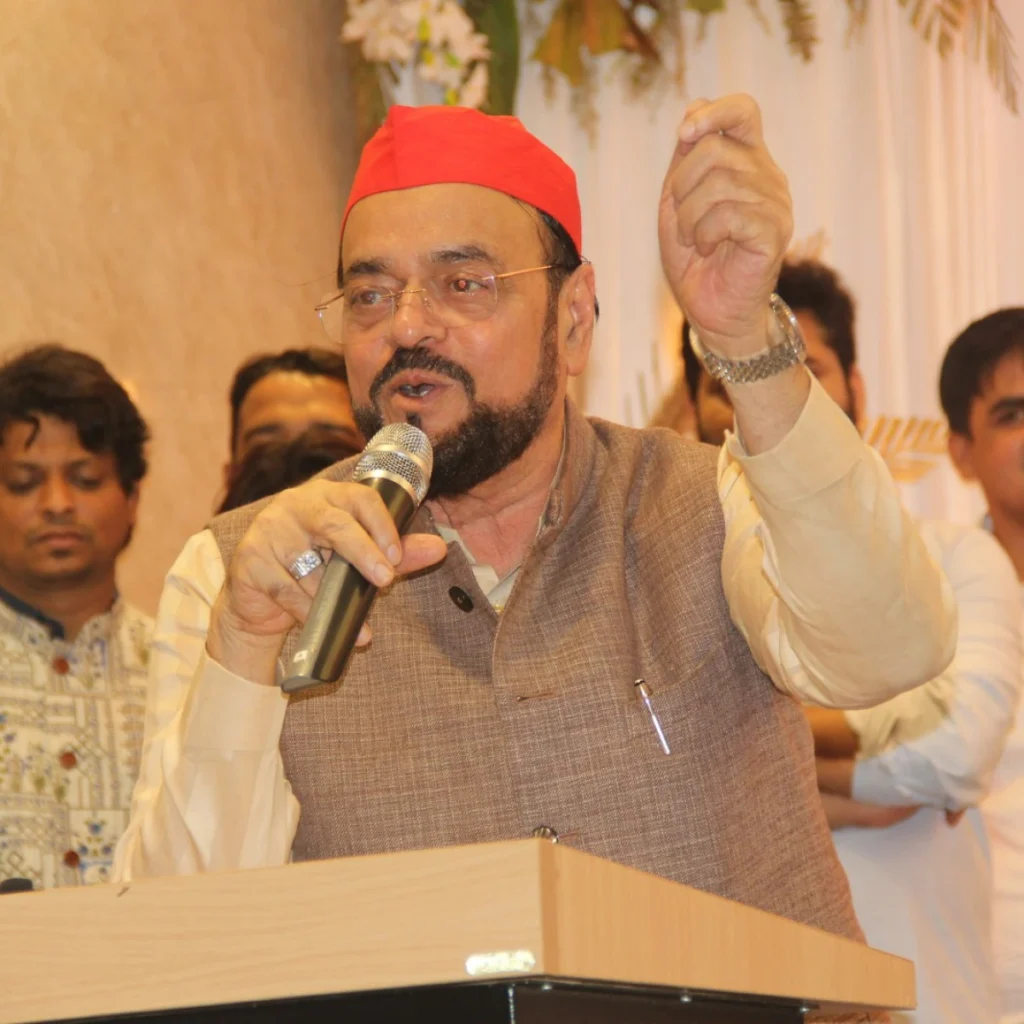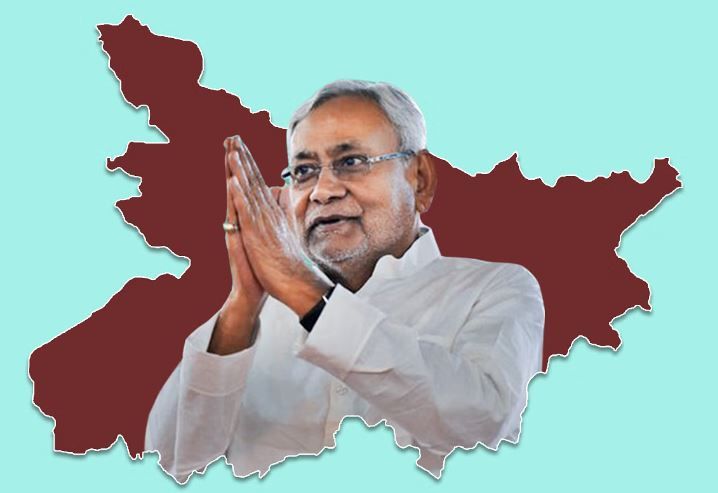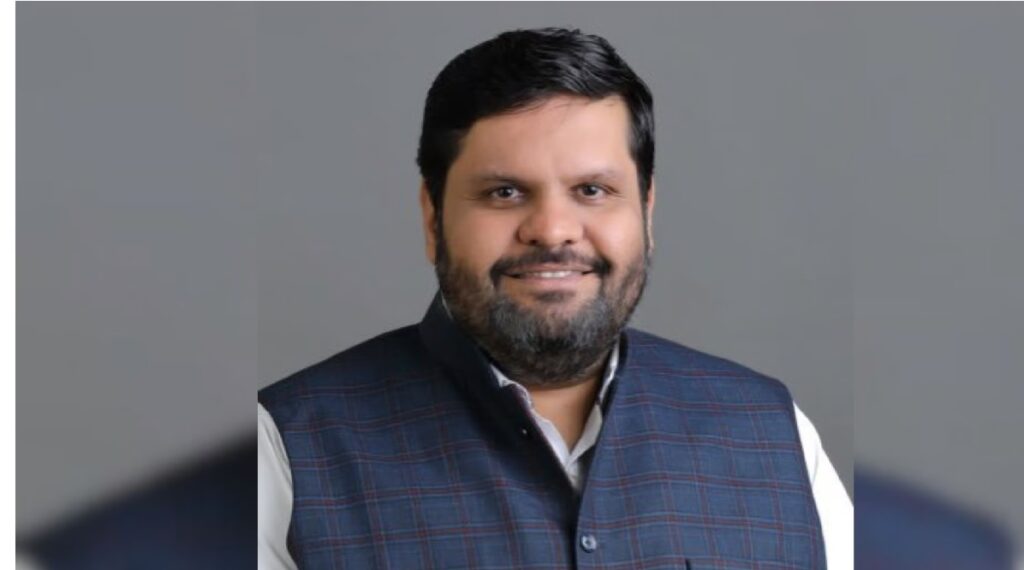Panjabrao Deshmukh, often hailed as the architect of India’s cooperative movement and agricultural development, left an indelible mark on the socio-economic landscape of the country. Born on December 1, 1888, in the village of Paratwada in Maharashtra, Panjabrao Deshmukh dedicated his life to uplifting rural communities and empowering farmers. His visionary leadership, pioneering initiatives, and tireless advocacy for cooperative principles transformed the lives of millions across India.
Early Life and Education:
Panjabrao Deshmukh was born into a humble agrarian family, where he imbibed the values of hard work, integrity, and community service from an early age. Despite facing financial constraints, he pursued his education with zeal and graduated with a Bachelor of Arts degree from Morris College, Nagpur. His academic prowess and passion for social reform laid the foundation for his lifelong commitment to rural development.
Entrance into Politics and Cooperative Movement:
Panjabrao Deshmukh’s entry into politics and the cooperative movement marked the beginning of his transformative journey. In 1920, he was elected as a member of the Berar Legislative Council, where he advocated for the rights of farmers and marginalized communities. Inspired by the principles of cooperation and self-help, Deshmukh envisioned a future where agricultural prosperity was within reach for every Indian farmer.
Founding of Central Provinces and Berar Cooperative Bank:
One of Panjabrao Deshmukh’s seminal achievements was the establishment of the Central Provinces and Berar Cooperative Bank in 1929. As the founder and chairman of the bank, he pioneered the concept of cooperative credit societies, providing farmers with access to affordable credit and financial services. This initiative proved instrumental in alleviating rural indebtedness and promoting agricultural entrepreneurship.
Leadership in Agricultural Education and Research:
Recognizing the pivotal role of education in agricultural advancement, Panjabrao Deshmukh spearheaded efforts to enhance agricultural education and research in India. In 1947, he played a key role in the establishment of the College of Agriculture in Nagpur, which later evolved into the Dr. Panjabrao Deshmukh Krishi Vidyapeeth (PDKV). Under his guidance, PDKV emerged as a leading institution for agricultural education, research, and extension services, nurturing generations of agricultural professionals.
Contributions to Cooperative Legislation:
Panjabrao Deshmukh’s influence extended beyond grassroots initiatives to shaping cooperative legislation at the national level. As a member of the Constituent Assembly of India, he actively participated in drafting the Indian Constitution and advocated for the inclusion of provisions safeguarding the interests of cooperatives. His efforts culminated in the incorporation of cooperative principles in the Directive Principles of State Policy, laying the groundwork for cooperative development in independent India.
Ministerial Tenure and Policy Reforms:
In 1952, Panjabrao Deshmukh was appointed as the Minister of Agriculture and Community Development in the Government of India, marking a significant milestone in his illustrious career. During his tenure, he introduced several policy reforms aimed at modernizing agriculture, promoting rural industries, and empowering farmers. Deshmukh’s visionary leadership and pragmatic approach earned him widespread acclaim and laid the groundwork for India’s Green Revolution.
Legacy and Enduring Impact:
Panjabrao Deshmukh’s legacy continues to inspire generations of leaders, policymakers, and agriculturalists in India and beyond. His emphasis on cooperative principles, agricultural education, and rural development remains relevant in addressing contemporary challenges such as food security, sustainable agriculture, and rural livelihoods. The institutions and initiatives established by Deshmukh continue to serve as beacons of progress, embodying his vision of an inclusive and prosperous rural India.
Conclusion:
In conclusion, Panjabrao Deshmukh’s life and legacy epitomize the transformative power of visionary leadership and grassroots activism in driving socio-economic change. His pioneering contributions to the cooperative movement, agricultural education, and rural development have left an indelible imprint on India’s history and collective consciousness. As we commemorate his legacy, let us reaffirm our commitment to building a more equitable and sustainable future for all, guided by the principles of cooperation, compassion, and inclusive development.






